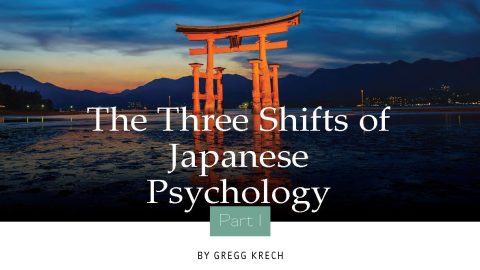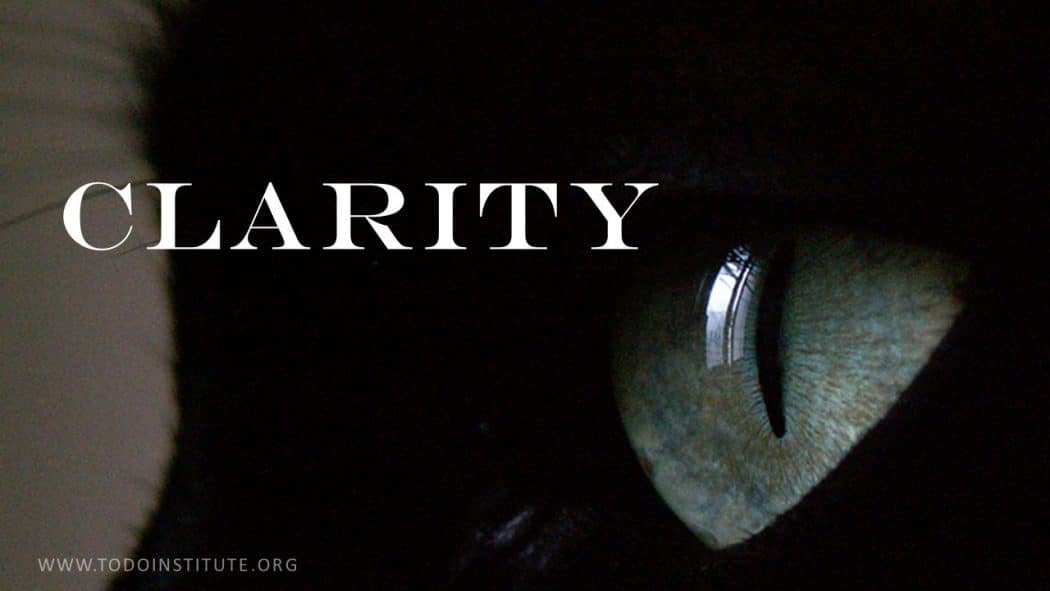by Patricia Ryan Madson
As a Drama teacher I spend my time assisting those who want to present themselves to others effectively. The activity may be public speaking, acting in a play, giving an assignment to a coworker or making a toast at a family gathering: all require the speaker to be the center of attention.
Few of us actually enjoy that spotlight. Many dread that moment.
There’s no doubt that speaking in front of others can be a frightening activity. The act of presentation is universally one fraught with emotions. Students, businessmen and politicians all sign up for classes that promise to help build confidence as a speaker, help to eliminate anxiety or stress. There is a fundamental flaw in the logic that produces these classes and the legions of seekers that hope to eliminate the stress of speaking/presenting by learning some “tips” on confidence building, on controlling those nonsupportive emotions.
The logic suggests that “having confidence” is somehow a prerequisite to success as a speaker, that “feeling prepared” and “being prepared” are somehow the same. This belief system spawns the notion that in order to be effective what any speaker needs is confidence. It’s reasonable to admire the “look” of assurance in a speaker. It is incorrect to assume that apparent assurance derives from a feeling of personal confidence.
How often one hears a performer admit after the fact that what appeared as confidence was merely acting. “I was really scared to death, but I did it anyway,” he said. I am often told how self-assured I appear as a teacher. Students are surprised to learn that after 30 years in the classroom and on stage I still experience anxiety and often sweaty palms before teaching a class.
I want to be liked. I fear failure and disapproval.
No matter how many accolades I receive I still worry on a regular basis that what I say or do won’t be worthy and will be judged harshly.
Thousands of hours in successful public presentations have not changed what seems to me to be a fundamental fear. If I experience confidence it is usually after the performance or class.
Thus the maxim I advocate is: “Confidence follows success.” What does this tell us about handling stagefright and the variety of nonsupportive thoughts and feelings that arise as we perform or practice to perform? I would argue that we don’t need to “fix” these feelings. Indeed, not only are they natural and universal, but also they point out how much we want to succeed. In the center of that anxious feeling is the seed of the desire to achieve, to transcend, to be worthy.
So what is a sensible strategy concerning stagefright and its corollaries? I suggest that the real problem is not these feelings in and of themselves; it is that we are letting this particular group of feelings “push us around.” I mean by that: that we misplace our attention.
We focus our energies on developing confidence as a speaker rather than on the effortful work of preparing the speech or rehearsing the presentation. I tell performers/speakers to pay attention to the audience. Notice if they appear to be hearing and understanding what you are saying.
Handling performance anxiety is really about redirecting ones attention. It’s about noticing that I feel anxious and then turning my mind and body to the act of doing the performance with full attention. It is about remembering my purpose and acting accordingly.
Patricia Ryan Madson is a CL instructor and drama professor in San Francisco.
Microphone: Photo by Kian McKellar (CC Flickr)
Tags: anxiety Professional Members












